Social Justice Sewing Academy is making quilting relevant for a new generation. Founded last year by author and educator Sara Trail, the organization works with youth to create appliqué quilt blocks on topics of social justice in their communities, which are then sent to volunteers around the world for embroidery, and finally sewn together in quilts to be displayed in museums, galleries and quilt shows across the country.
Many of these young artists live in communities challenged by inequality, poverty, and crime. Issues of gender discrimination, mass incarceration, gun violence, and gentrification are all topics relevant to these kids. The powerful imagery they create in cloth tells their story, then falls into the hands of volunteers, often traditional quilters who might not be exposed to these social justice issues in their everyday lives. The visual dialogue across differences in race, age, and socio-economic status is compelling, and necessary in this time of deep political division.
In 2018, I find it difficult to justify buying fabric only to cut it up and sew it back together again. What are the effects on the environment? How do we balance wants versus needs? The act of modern day quilting as a hobby connotes our privilege, both in terms of time and money. So how do we make fiber art relevant? How do we pass this craft along to a new generation? By making meaningful, relevant quilts, the Social Justice Sewing Academy is bringing new life and enthusiasm to this traditional art form, which benefits us all.
I’m deeply moved by these quilts and find solace in this new generation of thoughtful, creative people making a difference in their world. The quilting community should embrace these young artists by amplifying their voices.
Want to get involved? You can donate to the Social Justice Sewing Academy to help sponsor a summer workshop for kids in Oakland, California. Or you can sign up to be an embroidery volunteer here.
See more process photos on the Social Justice Sewing Academy Instagram. To learn more about the organization, listen to the podcast with Crafty Planner here. To see the quilts in person, find a show in your area.
In Atlanta, be sure to check out their work in Making Change: The Art and Craft of Activism currently on view at the Museum of Design Atlanta.
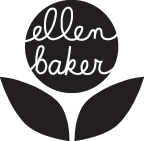
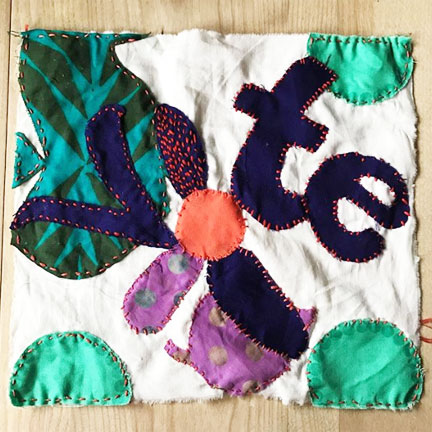
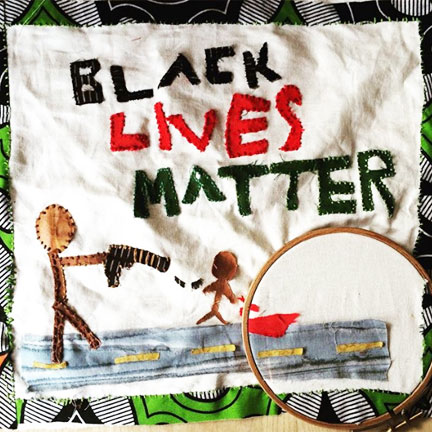
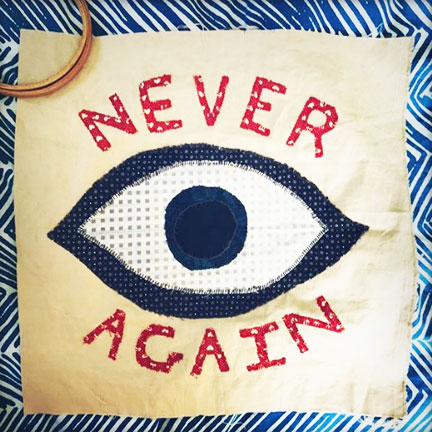
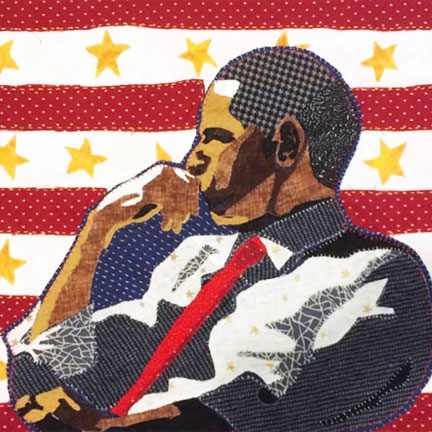
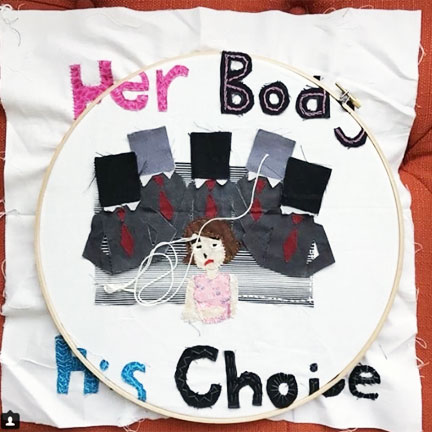
You put this so, so well. <3